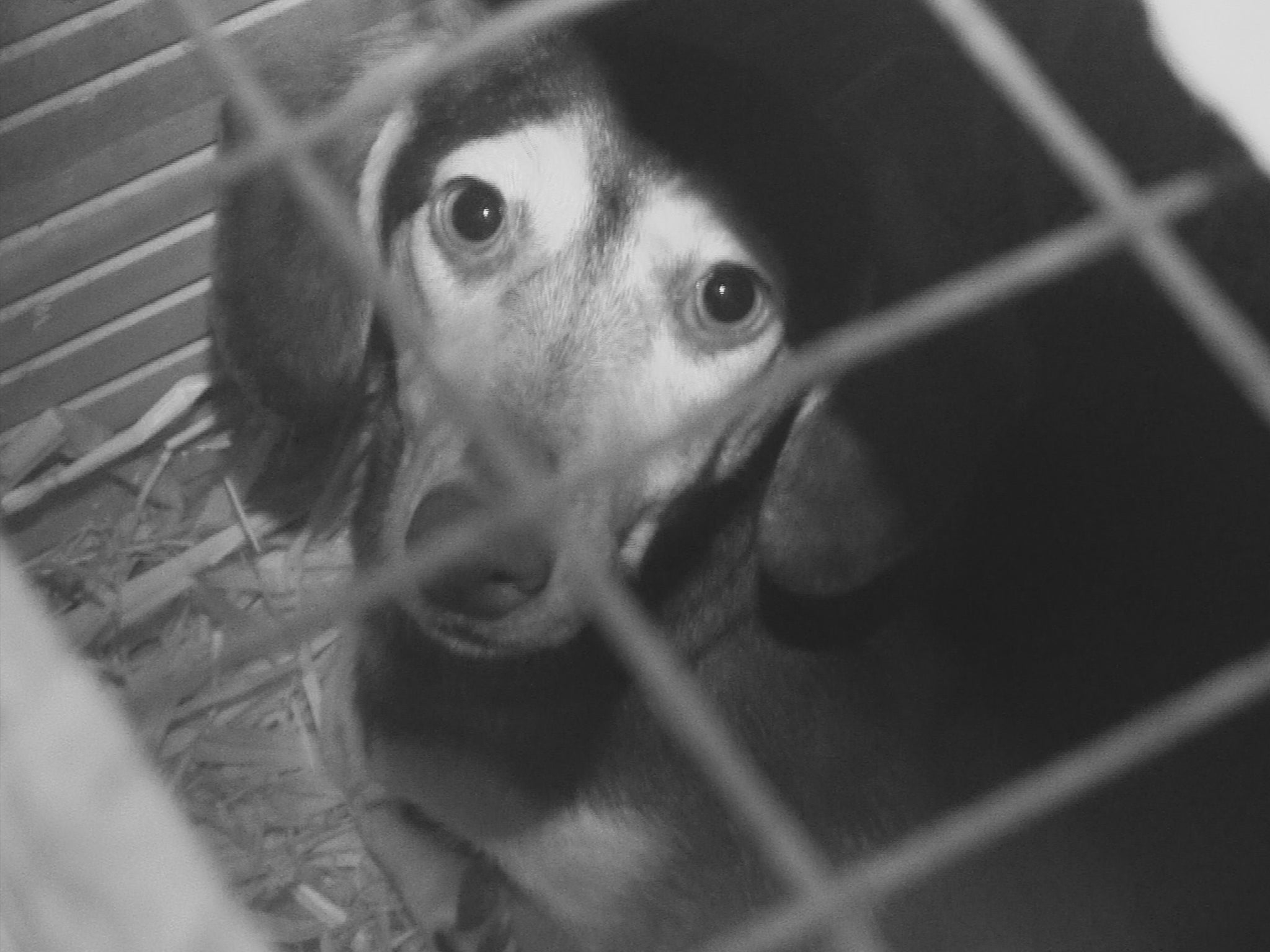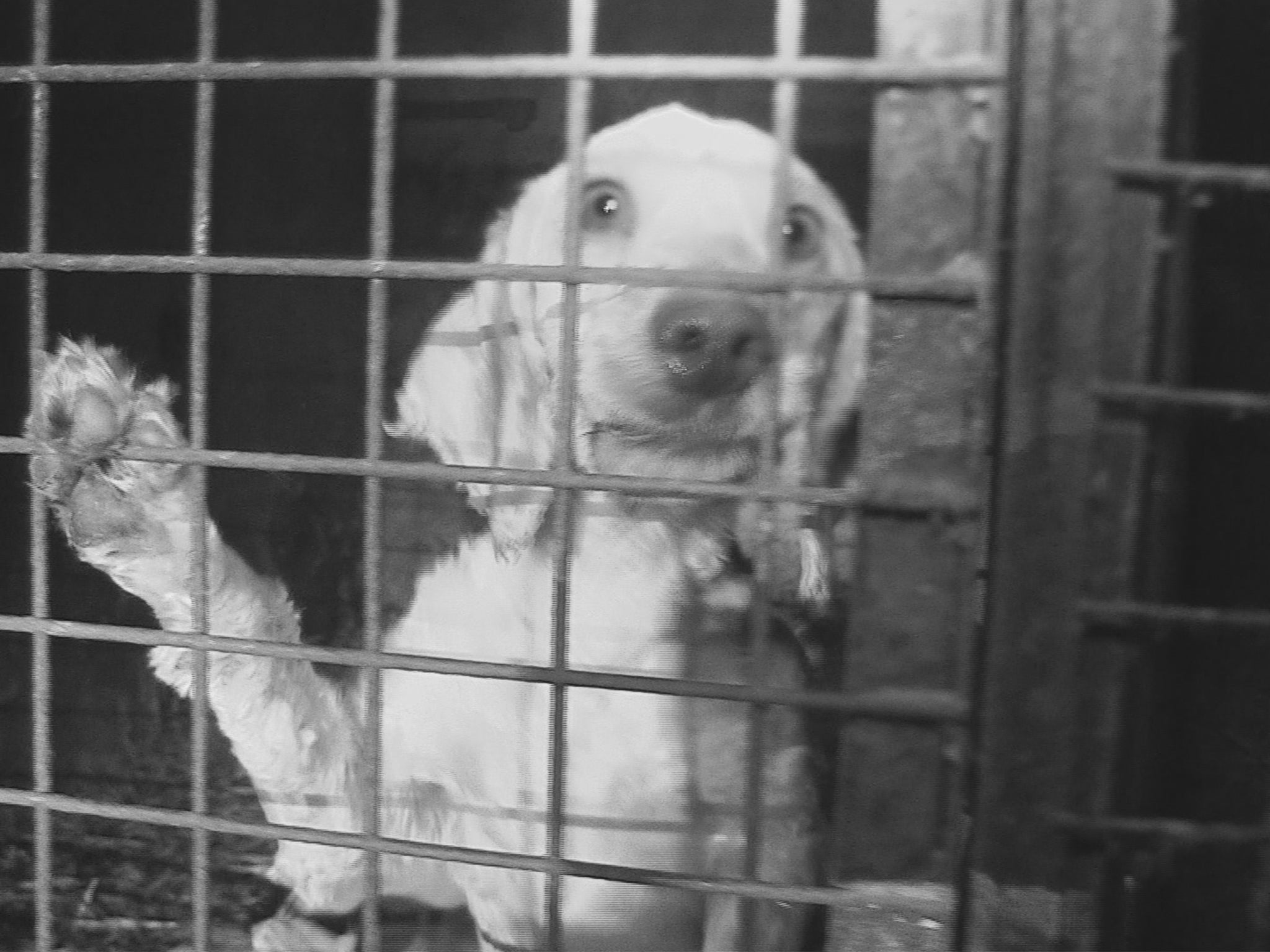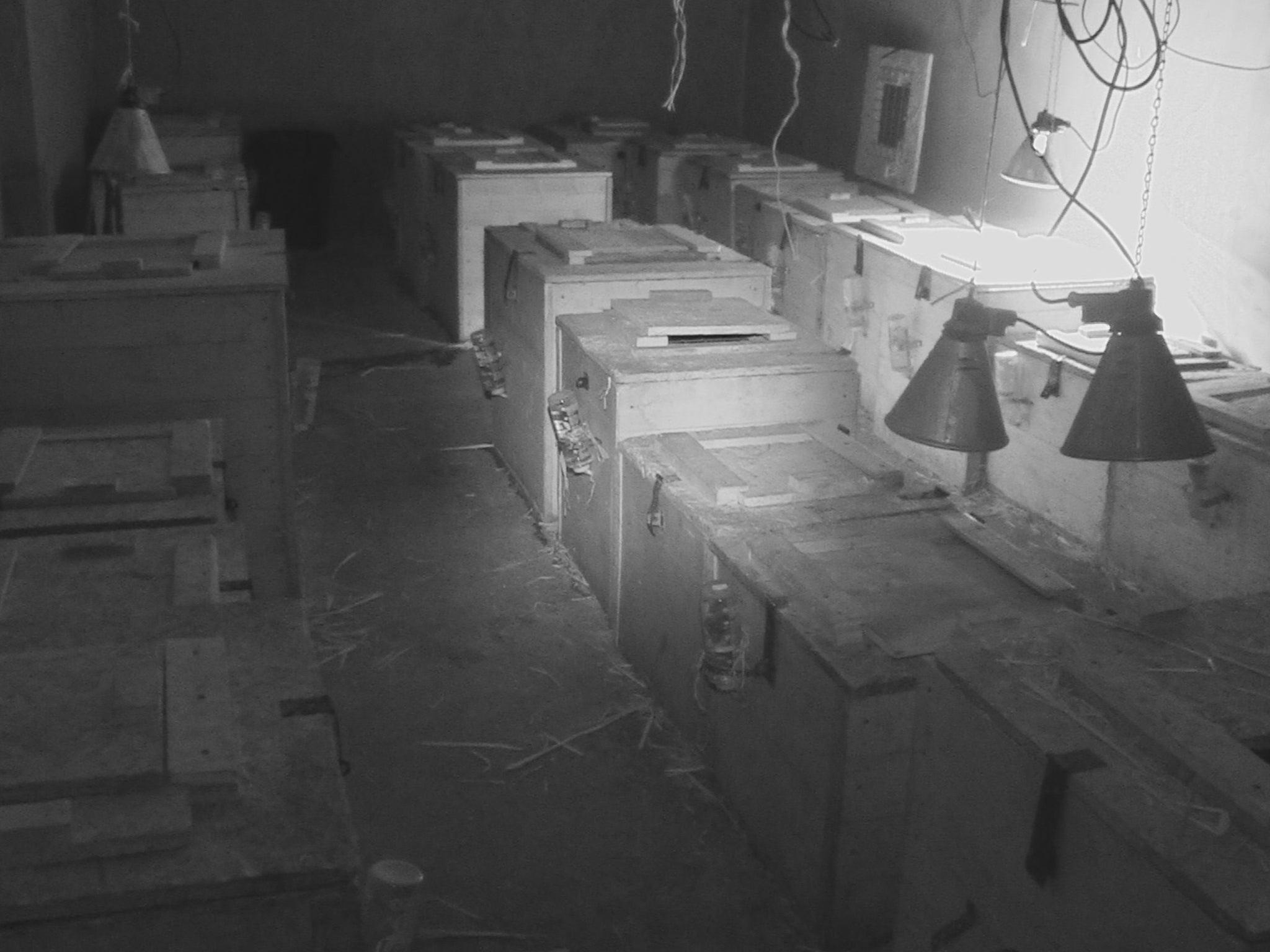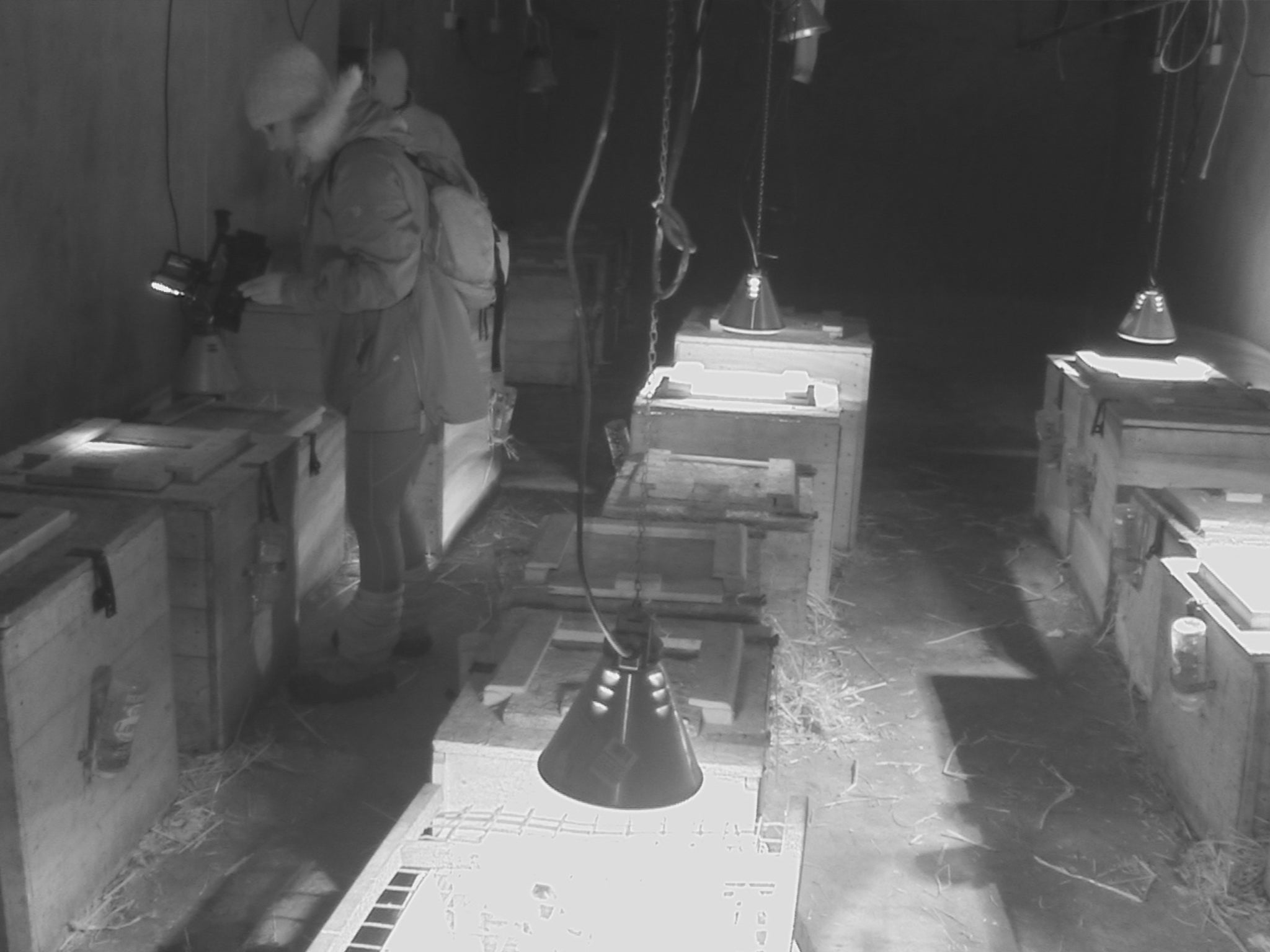What I saw when I investigated Britain's puppy trade will haunt me for a long time to come
Barns filled with dogs of all breeds, shrieking in cages, with no bedding or water bottles – and this was at a puppy farm approved by the local authority

Your support helps us to tell the story
From reproductive rights to climate change to Big Tech, The Independent is on the ground when the story is developing. Whether it's investigating the financials of Elon Musk's pro-Trump PAC or producing our latest documentary, 'The A Word', which shines a light on the American women fighting for reproductive rights, we know how important it is to parse out the facts from the messaging.
At such a critical moment in US history, we need reporters on the ground. Your donation allows us to keep sending journalists to speak to both sides of the story.
The Independent is trusted by Americans across the entire political spectrum. And unlike many other quality news outlets, we choose not to lock Americans out of our reporting and analysis with paywalls. We believe quality journalism should be available to everyone, paid for by those who can afford it.
Your support makes all the difference.I thought my days of being shocked by the ruthlessness of Britain's dog trade were over after my undercover investigation for the BBC last year exposing the industry's biggest traffickers. And then I began working on Britain's Puppy Dealers Exposed, investigating the entire supply chain, from source to sale.
What I managed to capture on camera will haunt me for a long time to come.
My journey began six months ago when I heard of a man who was believed to be one of the country’s most prolific dog dealers. He was a breeder in Northern Ireland and I knew his dogs were being sent around the UK, sold to small-time sellers and big commercial dealers. I also discovered he was supplying one of the UK’s biggest puppy superstore chains. It was only when I began digging into his business that I realised he was on the radar of several animal welfare agencies who had concerns about the way his dogs were being housed and bred.

I knew I wasn’t going to be allowed to film openly at his puppy farm. Using night vision cameras, I arrived at the farm in the early hours of the morning. The stillness of the freezing night shattered by a wall of noise as I approached the barns. They were filled with dogs. Every breed, every age, every size. Many cowering in the corners, others shaking in the cages, with little or no bedding. What I’d discovered was a puppy farm – inspected and licensed by the local authority – where dogs were being farmed on an industrial scale.
During my investigation I’d also heard that hundreds of thousands of puppies were being shipped to the UK market from the Republic of Ireland every year. I was told that places there were being licensed to house hundreds of breeding bitches. One business in County Cavan, I discovered, dwarfed the facility I’d filmed in Northern Ireland.
After a two-mile trek across fields at night, I arrived at the puppy farm to discover a massive complex of barns. The sound was deafening, coming from cage after cage of dogs. There were breeds of all kinds: Spaniels, Schnauzers, Dachshunds, Poodles. Hundreds of them. None of the runs I filmed had drinking bowls. Instead, there was a system of pipes. In order to access drinking water, the dogs would have to press their nose and mouth against the nozzle. A system usually only seen in battery pig farming.
Across the yard was another, quieter, barn. I was totally unprepared for what I saw inside. In here, the room was filled with wooden crates. There was no real ventilation. Nothing to suggest what was inside. It was only on sliding part of the roof open that I realised they were full of dogs. Each box contained a bitch that had either given birth or was just about to. The boxes were so small that some bitches had no space to stretch out or stand up. Water bottles had been drilled through the sides of the boxes – the only contact the animals inside had with the outside world.

This place was licensed, which means it had been inspected by the authorities and deemed appropriate. The council told me six inspections had been carried out over a 12-month period. The conditions they said, were "generally compatible" with the legislation.
Both puppy farmers – the one in Cavan and the one in Northern Ireland – denied any wrongdoing. Animal welfare experts I spoke to were clear these dogs were seriously deprived and such places should not have licences.

From my time investigating the puppy trade I’ve come to understand its scale and the massive profits that can be made by some puppy farmers. I’ve also become aware of the battle the authorities have in tackling the trade. People will be shocked by what I found out, but all the while the demand from the public is there, this unpleasant multi-million pound trade – unfortunately – will continue.
BBC Panorama, Britain’s Puppy Dealers Exposed airs on BBC One at 7:30pm Monday 16 May
Samantha Poling is a Scottish investigative journalist, currently working for BBC Scotland and BBC Panorama
Join our commenting forum
Join thought-provoking conversations, follow other Independent readers and see their replies
Comments